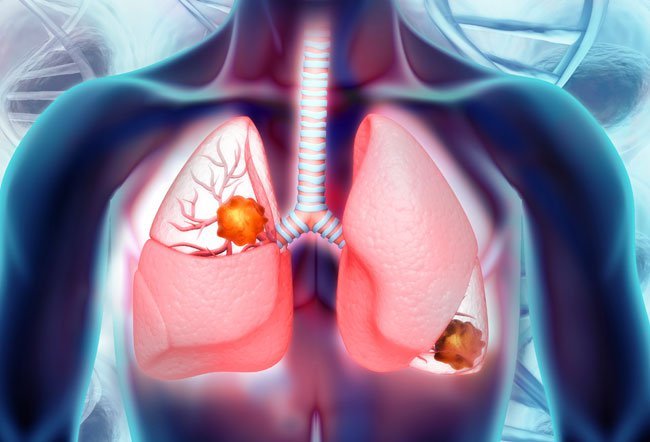Carcinoid cancer

What is a Carcinoid cancer
Gastrointestinal (GI) carcinoid tumors are slow-growing tumors that form in the GI tract, mainly in the rectum, small intestine, or appendix. Explore the links on this page to learn more about GI carcinoid tumor treatment and clinical trials.
Symptoms
Some carcinoid tumors don’t cause any signs or symptoms. When they do occur, signs and symptoms are usually vague and depend on the location of the tumor.
Carcinoid tumors in the lungs
Signs and symptoms of carcinoid lung tumors include:
- Chest pain
- Wheezing
- Shortness of breath
- Diarrhea
- Redness or a feeling of warmth in your face and neck (skin flushing)
- Weight gain, particularly around the midsection and upper back
- Pink or purple marks on the skin that look like stretch marks
Prevention
Cancer is not a single disease but a group of related diseases. Many things in our genes, our lifestyle, and the environment around us may increase or decrease our risk of getting cancer.
Scientists are studying many different ways to help prevent cancer, including the following:
- Ways to avoid or control things known to cause cancer.
- Changes in diet and lifestyle.
- Finding precancerous conditions early. Precancerous conditions are conditions that may become cancer.
- Chemoprevention (medicines to treat a precancerous condition or to keep cancer from starting).
- Risk-reducing surgery.
General Information About Carcinoid Tumors
- KEY POINTS
A gastrointestinal carcinoid tumor is cancer that forms in the lining of the gastrointestinal tract. - Health history can affect the risk of gastrointestinal carcinoid tumors.
Some gastrointestinal carcinoid tumors have no signs or symptoms in the early stages. - Carcinoid syndrome may occur if the tumor spreads to the liver or other parts of the body.
- Imaging studies and tests that examine the blood and urine are used to diagnose gastrointestinal carcinoid tumors.
- Certain factors affect prognosis (chance of recovery) and treatment options.
A gastrointestinal carcinoid tumor is cancer that forms in the lining of the gastrointestinal tract.The gastrointestinal (GI) tract is part of the body’s digestive system. It helps to digest food, takes nutrients (vitamins, minerals, carbohydrates, fats, proteins, and water) from food to be used by the body and helps pass waste material out of the body. The GI tract is made up of these and other organs:
- Stomach.
- Small intestine (duodenum, jejunum, and ileum).
- Colon.
- Rectum.
Health history can affect the risk of gastrointestinal carcinoid tumors.
Anything that increases a person’s chance of developing a disease is called a risk factor. Having a risk factor does not mean that you will get cancer; not having risk factors doesn’t mean that you will not get cancer. Talk to your doctor if you think you may be at risk.
Risk factors for GI carcinoid tumors include the following:
- Having a family history of multiple endocrine neoplasia type 1 (MEN1) syndrome or neurofibromatosis type 1 (NF1) syndrome.
- Having certain conditions that affect the stomach’s ability to make stomach acid, such as atrophic gastritis, pernicious anemia, or Zollinger-Ellison syndrome.
